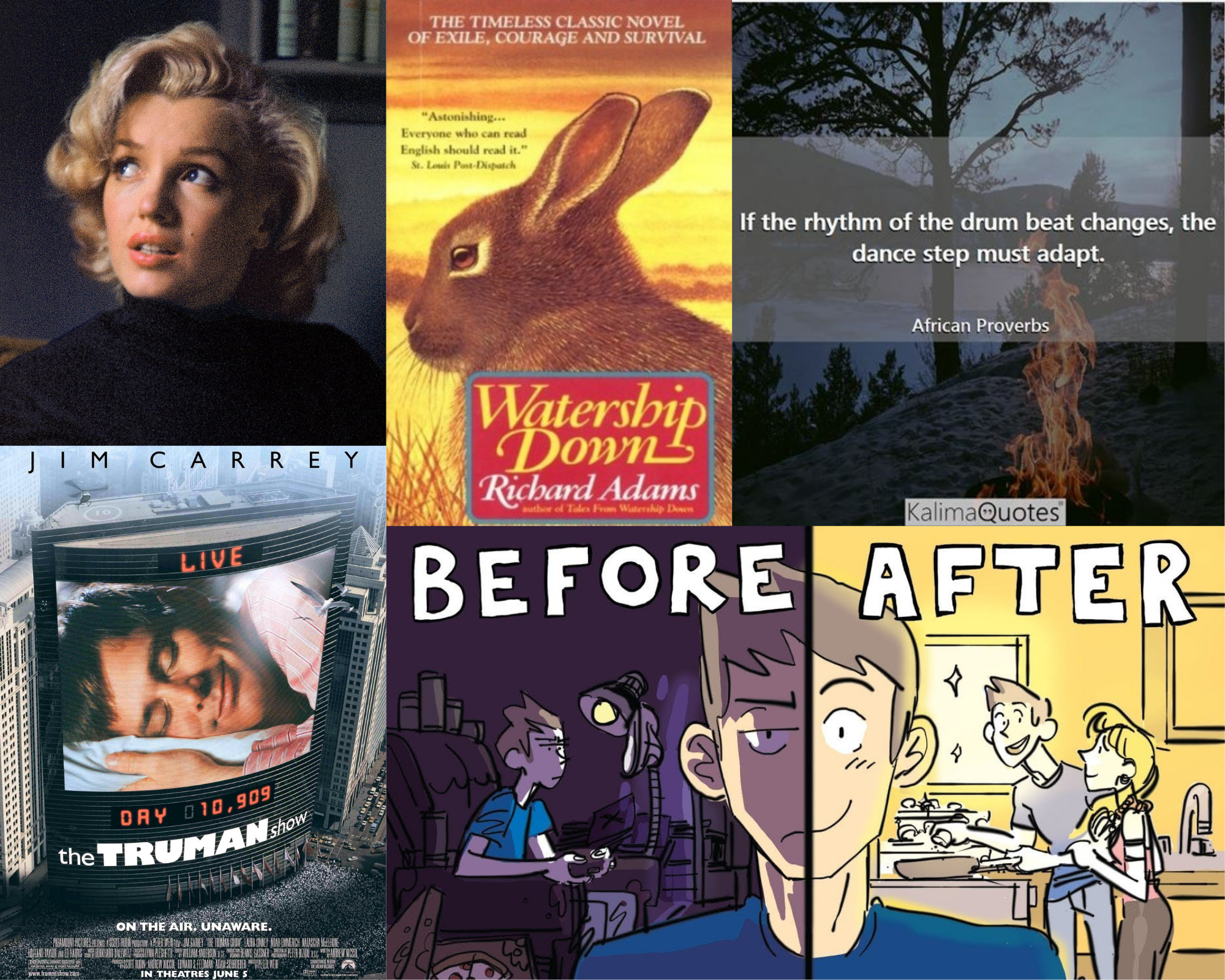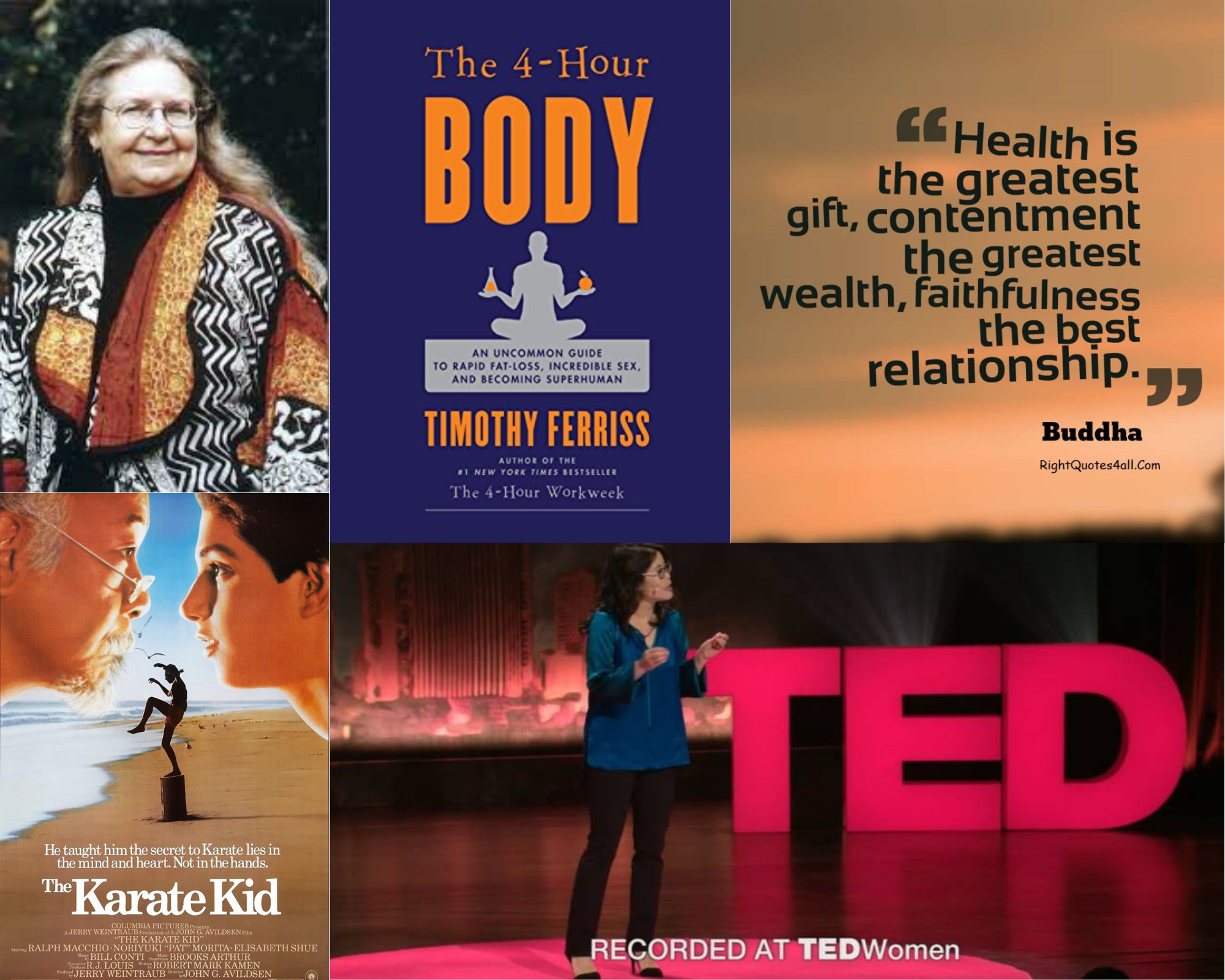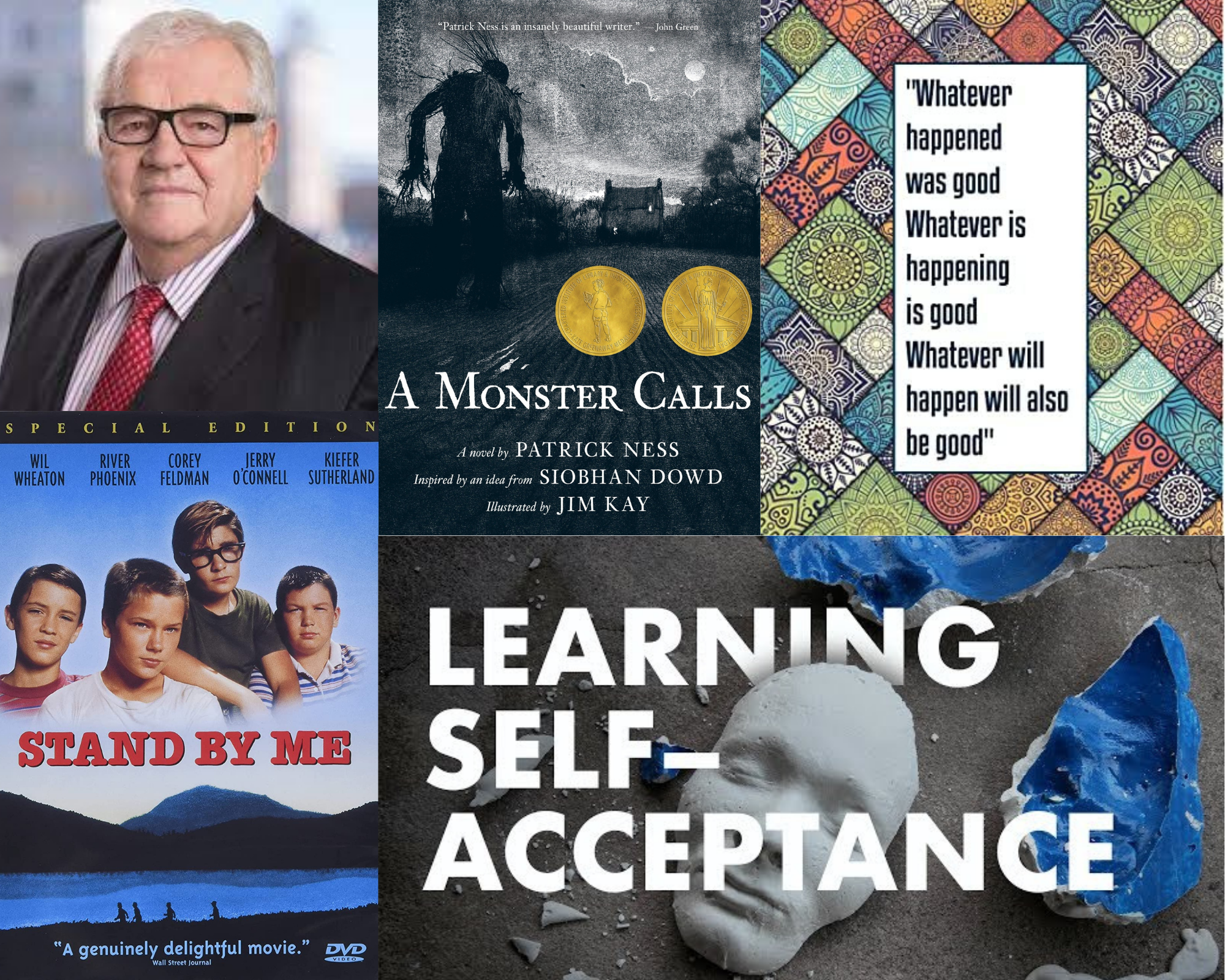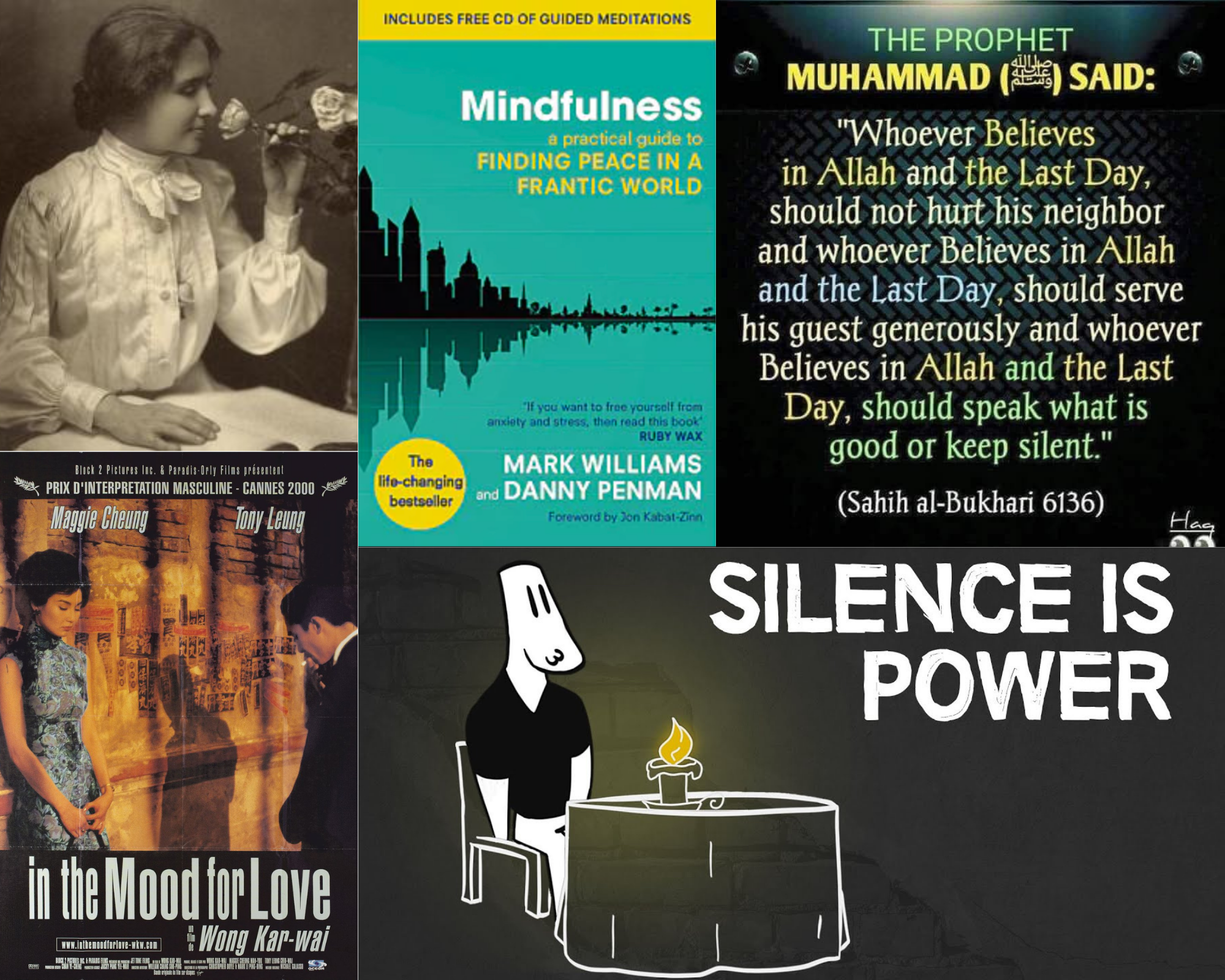Sunday Supplement #65 (August 7th, 2022)
Below is another Sunday Supplement with a quote worth sharing, a book worth reading, a movie worth watching, brainfood worth consuming, and a spiritual passage worth pondering.
I hope you take something away from these recommendations that enriches your week ahead!
Quote of the Week:
“Sometimes good things fall apart so better things can fall together.”
– Marilyn Monroe
Book of the Week:
Watership Down – Richard Adams
When Hazel’s brother Fiver experiences a terrifying vision of their warren’s imminent destruction, the rabbits must convince others to flee.
Their adventure takes on many twists and turns and delves into a few deeper themes like authoritarianism and power structures.
Richard Adam’s research of rabbits and warrens helps provide a reading experience that feels like a realistic insight into the life of a rabbit.
After getting rejected by numerous publishers, the book was published by Collings and won the Carnegie Medal and Guardian Prize.
Adam’s book might be cataloged as a young adult or children’s novel, but it is an epic masterpiece that all ages can enjoy.
Movie of the Week:
In The Truman Show, Jim Carrey plays Truman Burbank, an insurance salesman who discovers that his whole life is a reality TV show.
Burbank grew up living a life that, unbeknownst to him, takes place on a massive set populated by actors for a reality television show about him.
When Truman suspects his life is off, he must decide whether to be passive or fight back.
Jim Carey brings out the best of existential undertones of the movie while using his comedic chops to keep the film adventurous.
The rest of the cast, including standouts Ed Harris, Laura Linney, and Noah Emmerich, brilliantly support the fascinating world of The Truman Show.
The film was nominated for three Oscars and currently is #142 on IMDb’s Top Rated Movies list. It is worth putting on your watch list and will make for an intriguing movie night.
Brainfood of the Week:
How To Change Your Bad Habits | Improvement Pill
I’ve featured Improvement Pill in two previous Sunday Supplements. Their channel has just shy of 3 million followers and focuses on teaching practices that can help change your life.
In this video, Improvement Pill focuses on how to change your bad habits. The video starts by discussing a negative habit loop of Internet surfing (Facebook).
The harmful habit gets reinforced by the environment and specific cues. The first step two removing a bad habit is changing your environment and/or eliminating negative cues.
Adding good cues to your routine helps reinforce good habits in your life. And making it harder to indulge in bad habits and easier to indulge in good ones reinforces your determination.
The video gives good examples of positive and negative cues and making it harder or easier to support habits.
Improvement Pill has many short videos with practical strategies for change. Check this one out to see if it’s a channel you’d like to subscribe to.
Closing Spiritual Passage:
“If the rhythm of the drum beat changes, the dance steps must adapt.”
– African Proverb
This African Proverb reminds me that we aren’t always in control of the music around us. If we want to keep up with new dances, we must learn the steps.
New rhythms can help us grow and learn new things. Although, I don’t think we should mindlessly dance to the beat of others either.
I think awareness of the changing beats is vital to conscious action. We can decide how to best move forward when we recognize the music changing.
There are many levels to this African Proverb, and I’m glad for the reflection on being aware of my environment.
Notice the music playing around you, and have a blessed week ahead!
3 Comments



